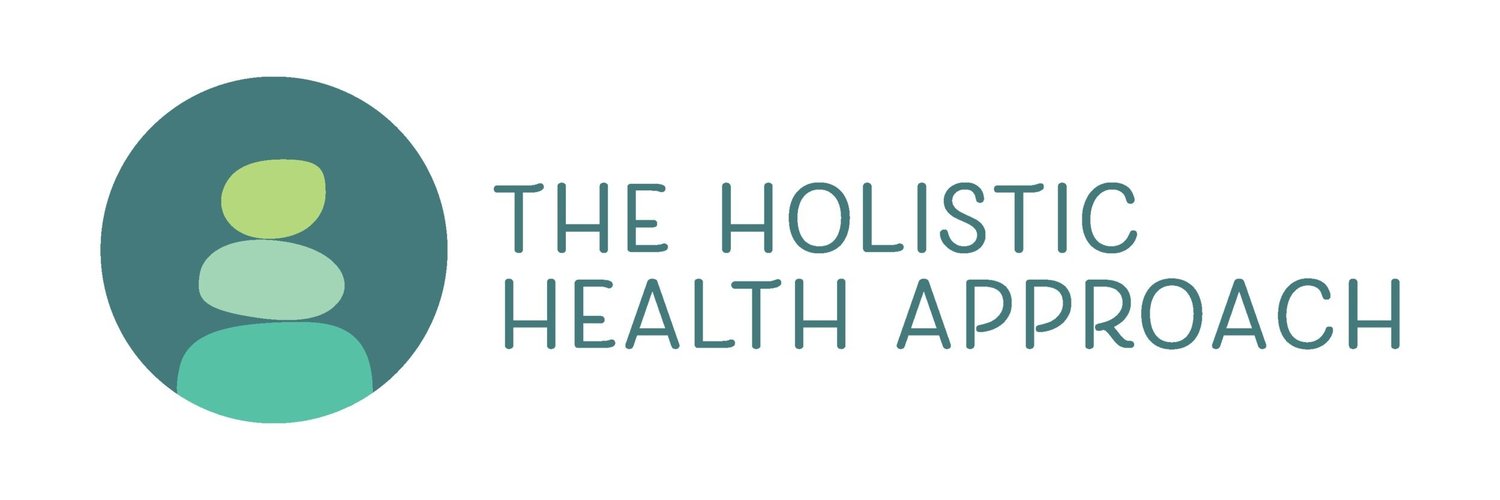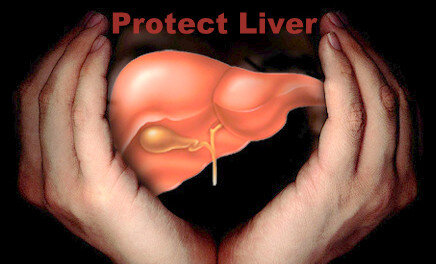Love Your Liver
Is life worth living? It all depends on the liver. – William James
For most, seeing liver on your plate imparts immediate disinterest. But the liver is one of the most interesting organs of the human body. This amazing organ weighs about 3 pounds and is the second largest organ in the body, second only to skin (yes your skin is actually an organ!). The liver is also the only organ in the body that can actually regenerate itself. This is good news because the liver takes a beating every single day, working hard to protect us from the many toxins we are exposed to on a daily basis. A healthy life undoubtedly depends on a healthy liver!
The liver is also interesting because of its many important functions in the body. Here are just a few of them:
It regulates most chemical levels in the blood
It produces cholesterol and special proteins to help carry fats throughout the body
It stores iron and processes hemoglobin to use its iron
It converts harmful ammonia – a byproduct of protein metabolism – to a safer form, urea
It regulates blood clotting
It helps the body fight infections by producing immune cells and removing pathogens
It stores and releases glucose to regulate blood sugar levels
It produces bile – a product that helps break down fats for absorption as well as carry waste to be eliminated
It processes all of the blood leaving the digestive tract
It metabolizes carbohydrates, fats, and proteins into usable forms
It stores many nutrients – glycogen; fatty acids; vitamins A, D, E, K and B12; iron and copper – to provide a constant supply of these essential substances to the body
It metabolizes alcohol and drugs into their inactive metabolites
It metabolizes hormones produced by the body’s own glands
It protects the body from toxins
So how does the liver protect the body from toxins? It protects in one of two ways. First, the liver works to eliminate toxins from the body. Second, if the elimination pathways cannot keep up with the toxins coming in, the liver then stores toxins in fat cells to protect the rest of the body.
Let’s first talk about liver detoxification. There are two phases of liver detoxification, aptly named Phase 1 and Phase 2. In Phase 1, the liver filters blood and works to either neutralize the chemical or toxin, or convert it to an intermediate form for Phase 2. Phase 2 works to further break down chemicals and toxins that can then be safely excreted from the body.
Phase 1 detoxifies such things as caffeine, acetaminophen and aspirin. Phase 2 detoxifies some of the other major toxins we come into contact with daily:
Industrial toxins
Carcinogens
Medications like penicillin, steroids, salicylates, morphine, benzodiazepines and naproxen
Bacterial toxins
Heavy metals like mercury, lead and arsenic
Phenolics found in plastics
Alcohol
Excess histamine
Excess estrogen
Once the liver has detoxified or neutralized any toxins, they can then be eliminated from the body. They can be passed to the kidneys for elimination through urine, passed to the gallbladder in bile for elimination through feces, or eliminated through sweat.
If the liver cannot keep up with the influx of toxins, or Phase 2 is slower than Phase 1, toxins will start to accumulate in the body. If this happens, the liver then needs to store the toxins so they don’t circulate in the blood and cause illness or disease. Most toxins are fat soluble, so the liver will shuttle toxins off to fat cells for safe storage. The body will then hold onto these fat cells so that the toxins won’t release back into the bloodstream. This makes it harder to lose weight when the body is toxic. The double whammy for anyone struggling with weight loss is that toxins also damage mitochondria, the energy powerhouses of the body. This leads to low energy and a sluggish metabolism, adding to the weight loss struggle. Even worse, toxins can also accumulate directly in the fatty lining of any cell in the body – muscle, brain, nerve, skin, gut and more – leading to chronic illness and disease.
In Toxins In Your Home, you realized there is a long list of toxins that are potentially hiding in your daily life. This means a healthy functioning liver and elimination pathways are critical. Here are some tips to optimize your elimination pathways:
Drink more water. Water helps flush the kidneys and bowels to enhance elimination.
Eat a high fiber diet. Toxins can bind to fiber to be eliminated.
Eat your greens and reduce intake of red meat and dairy. This will help alkalize urine so that toxins can be cleared through the kidneys.
Avoid reactive foods. Foods you are sensitive to can slow down elimination and impair digestion.
Consider cholagogue herbs to stimulate bile production.
Consume probiotics and probiotic rich foods.
Sauna therapy will help clear toxins through sweat.
Consider enemas or colon hydrotherapy to help clear toxins from the body.
How can you use whole foods and targeted supplementation to rid your body from those toxins? Stay tuned for my next blog to learn which foods and herbs will assist the liver detoxification pathways to get you on your path to better health!
RESOURCES:
http://www.stanfordchildrens.org/en/topic/default?id=anatomy-and-function-of-the-liver-90-P03069
https://www.innerbody.com/image_digeov/card10-new2.html
7-Day Detox Miracle, Peter Bennett, ND
Photo Courtesy of:
http://thejewelnetwork.net/wordpress/10-things-to-know-about-your-liver/

